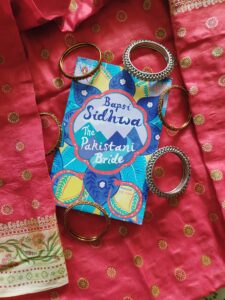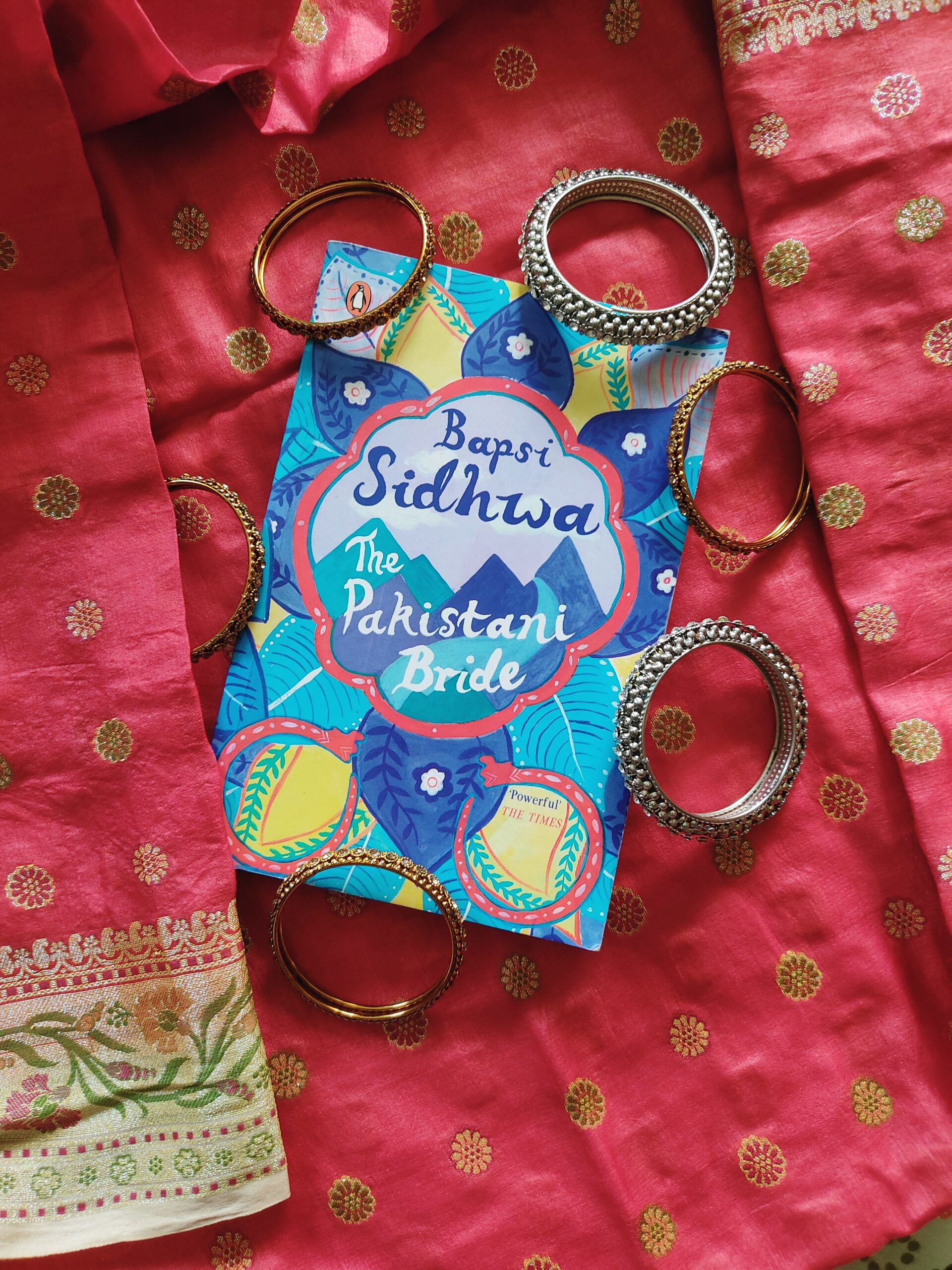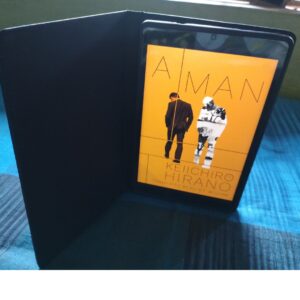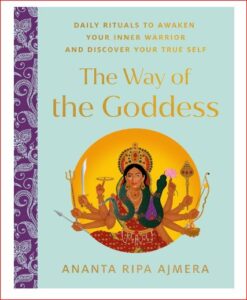
Book: The Pakistani Bride
Author: Bapsi Sidhwa
Publication: Penguin India
Pages: 248Political
Price: Click the link to buy it
Introduction:
Bapsi Sidhwa is a post-modern diasporic feminist writer from Pakistan who lives in the USA. Her pen exposes her rightful experience and concern with the Indian panorama of social dichotomy and women’s oppression. In her novels, every woman character appears to possess her new identity losing herself in the liberty of the patriarchal whirlpool. If it is Zaitoon or Carol in “The Pakistani Bride”, it is Shanta, the Ayah in “Ice-Candy Man”.






Pingback: The Ice-candy Man by Bapsi Sidhwa - Book Review.com
hey there and thank you to your info – I’ve certainly picked up anything new from proper here. I did on the other hand expertise a few technical issues the use of this site, as I experienced to reload the website lots of occasions previous to I could get it to load correctly. I have been thinking about if your web host is OK? Now not that I am complaining, however slow loading cases occasions will sometimes have an effect on your placement in google and could harm your high quality rating if advertising and ***********|advertising|advertising|advertising and *********** with Adwords. Well I am including this RSS to my email and can glance out for a lot extra of your respective interesting content. Ensure that you replace this again very soon..
some really interesting points you have written.